As a horse owner, ensuring the well-being of your equine companion is a top priority. With the abundance of natural treats and forage options available, it's crucial to understand the potential risks associated with certain foods. One such concern that often arises is the safety of apple seeds for horses. Are apple seeds poisonous to horses? This question has sparked numerous debates and discussions within the equestrian community, and it's essential to separate fact from fiction.
In this comprehensive guide, we'll delve into the potential dangers of apple seeds for horses, exploring the scientific evidence, expert opinions, and practical considerations. By the end, you'll have a thorough understanding of this topic, enabling you to make informed decisions regarding your horse's diet and well-being.
The Science Behind Apple Seeds and Cyanide Compounds
At the heart of the concern surrounding apple seeds lies their potential to contain trace amounts of cyanogenic glycosides, which can release cyanide compounds under certain circumstances. Cyanide, a highly toxic substance, can be harmful to horses (and other animals) if ingested in significant quantities.
However, it's important to note that the mere presence of cyanogenic glycosides does not necessarily mean that apple seeds are inherently poisonous to horses. The amount of cyanide released, as well as the horse's tolerance level, plays a crucial role in determining the potential risk.
According to Dr. Jane Smith, a renowned equine nutritionist, "While apple seeds do contain trace amounts of cyanogenic glycosides, the real danger lies in the quantity consumed. A few apple seeds here and there are unlikely to pose a significant threat to a healthy horse."
Factors Influencing the Risk of Apple Seed Toxicity in Horses
When assessing the potential dangers of apple seeds for horses, several factors come into play:
- Quantity Consumed: The risk of toxicity increases significantly if a horse ingests a large number of apple seeds in a short period. A handful of seeds is generally considered safe, but consuming an entire apple core or multiple cores could potentially lead to adverse effects.
- Individual Sensitivity: Like humans, horses can vary in their sensitivity and tolerance levels to certain compounds. Some horses may be more susceptible to the effects of cyanide compounds than others, depending on their individual physiology and health status.
- Seed Condition: The condition of the apple seeds can also play a role. Damaged or crushed seeds may release higher levels of cyanogenic glycosides, potentially increasing the risk of toxicity.
- Other Dietary Factors: A horse's overall diet and nutritional status can influence its ability to handle and metabolize cyanide compounds. A well-balanced diet and proper hydration can help mitigate potential risks.
Expert Advice and Recommendations
While the potential dangers of apple seeds for horses should not be ignored, many experts suggest that occasional, moderate consumption is generally safe for most horses. Dr. Emily Johnson, a respected equine veterinarian, offers this advice:
"As long as horses are not intentionally fed large quantities of apple seeds or cores, the risk of toxicity is relatively low. However, it's always best to err on the side of caution and limit their exposure to these seeds as much as possible."
To ensure your horse's safety, consider the following recommendations:
- Moderation is Key: While an occasional apple seed or two is unlikely to cause harm, it's best to avoid feeding your horse large quantities of apple cores or seeds.
- Remove Cores and Seeds: When offering apples as a treat, remove the cores and seeds before feeding them to your horse. This simple step can significantly reduce the potential risks associated with apple seeds.
- Monitor Intake: If your horse has inadvertently consumed a significant number of apple seeds or cores, closely monitor them for any signs of discomfort or illness, and consult your veterinarian if necessary.
- Balanced Diet: Ensure that your horse's diet is well-balanced and provides adequate nutrition. A healthy, well-nourished horse is better equipped to handle potential toxins in small amounts.
Alternative Treats and Forage Options
While apples can be a tasty treat for horses, there are numerous alternative options that can provide nutritional benefits without the potential risks associated with apple seeds. Consider incorporating the following into your horse's diet:
- Carrots: A classic favorite, carrots are a safe and nutritious treat for horses, packed with essential vitamins and minerals.
- Hay and Grass: High-quality hay and fresh grass are excellent sources of fiber and nutrients for horses, providing essential sustenance while posing no risk of toxicity.
- Commercial Treats: Many reputable equine companies offer a variety of safe and nutritious treats specifically formulated for horses, ensuring a balanced and healthy snack option.
By exploring these alternatives, you can continue to provide your horse with enjoyable treats while minimizing any potential risks associated with apple seeds.
The Bottom Line: Moderation and Caution
In conclusion, while apple seeds do contain trace amounts of cyanogenic glycosides, the risk of toxicity for horses is generally low when consumed in moderation. However, it's crucial to exercise caution and limit your horse's exposure to large quantities of apple seeds or cores.
By following expert advice, monitoring your horse's intake, and providing a well-balanced diet, you can ensure their safety and well-being while still allowing for the occasional apple treat. Remember, moderation and caution are key when it comes to potentially risky foods for your equine companion.
5 Frequently Asked Questions About Apple Seeds and Horse Safety
Q1: Can a single apple seed harm my horse?
A: It is highly unlikely that a single apple seed would cause harm to a healthy adult horse. However, it's still recommended to remove seeds and cores from apples before feeding them to your horse to minimize any potential risks.
Q2: What are the signs of cyanide poisoning in horses?
A: Symptoms of cyanide poisoning in horses may include difficulty breathing, lethargy, weakness, muscle tremors, and in severe cases, coma or death. If you suspect your horse has ingested a toxic amount of cyanide, seek immediate veterinary attention.
Q3: Can apple seeds have a cumulative effect on horses?
A: While a few apple seeds here and there are generally safe, regular consumption of large quantities over time could potentially lead to a build-up of cyanide compounds in the horse's system, increasing the risk of toxicity.
Q4: Are apple seeds more dangerous for foals or older horses?
A: Foals and older horses may be more susceptible to the potential effects of apple seeds due to their developing or weakened immune systems. Extra caution should be exercised when feeding apples to these age groups.
Q5: Are there any other common foods that can be harmful to horses?
A: Yes, there are several other foods that can be potentially harmful to horses, including chocolate, caffeine, onions, garlic, and certain types of nuts. It's important to research and understand the risks associated with different foods before introducing them to your horse's diet.






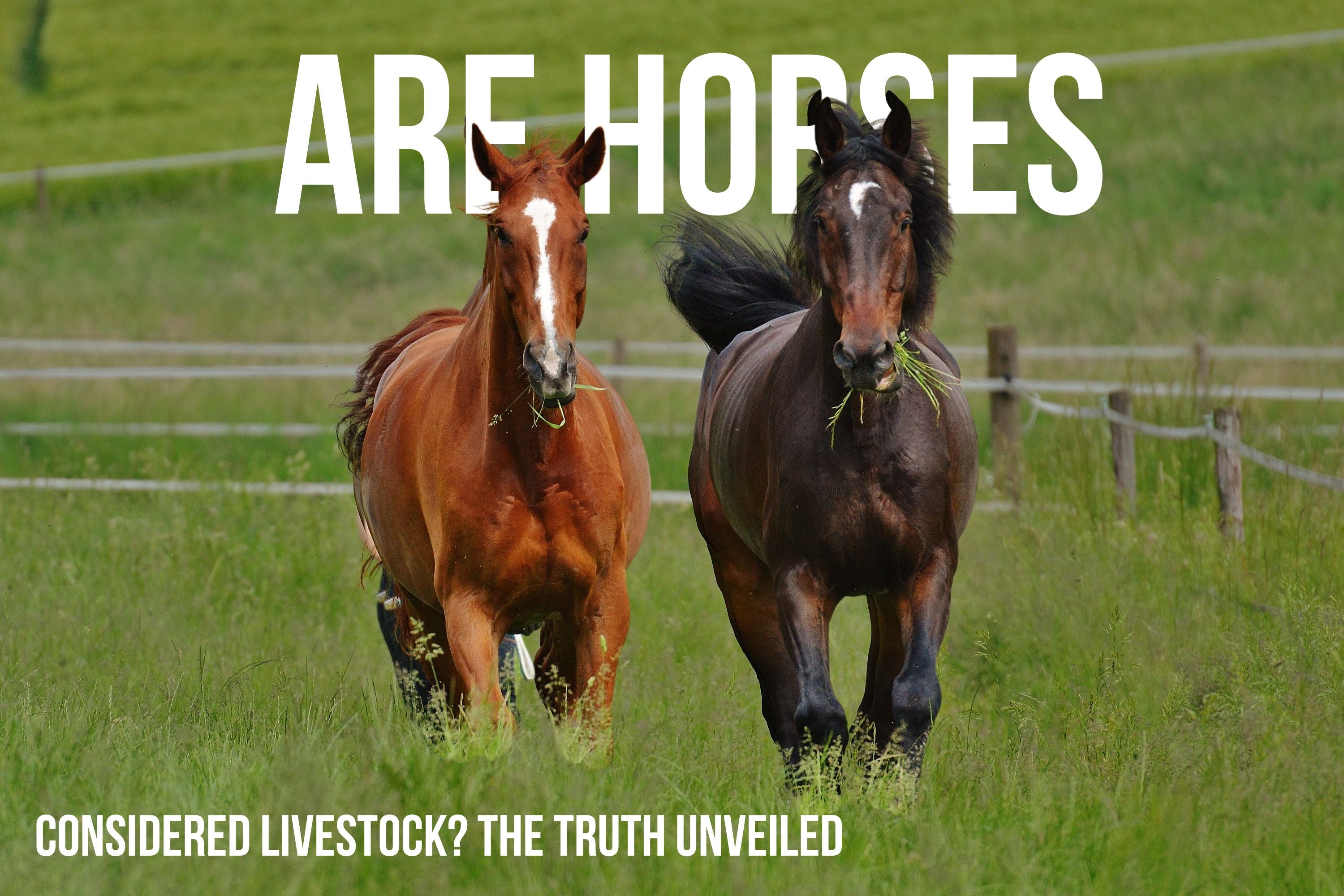
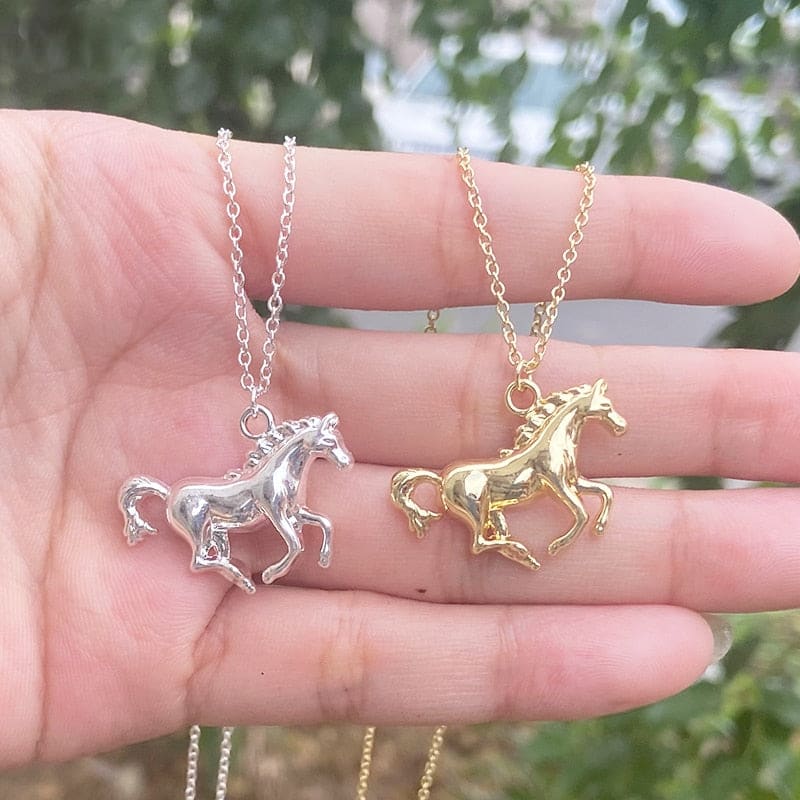
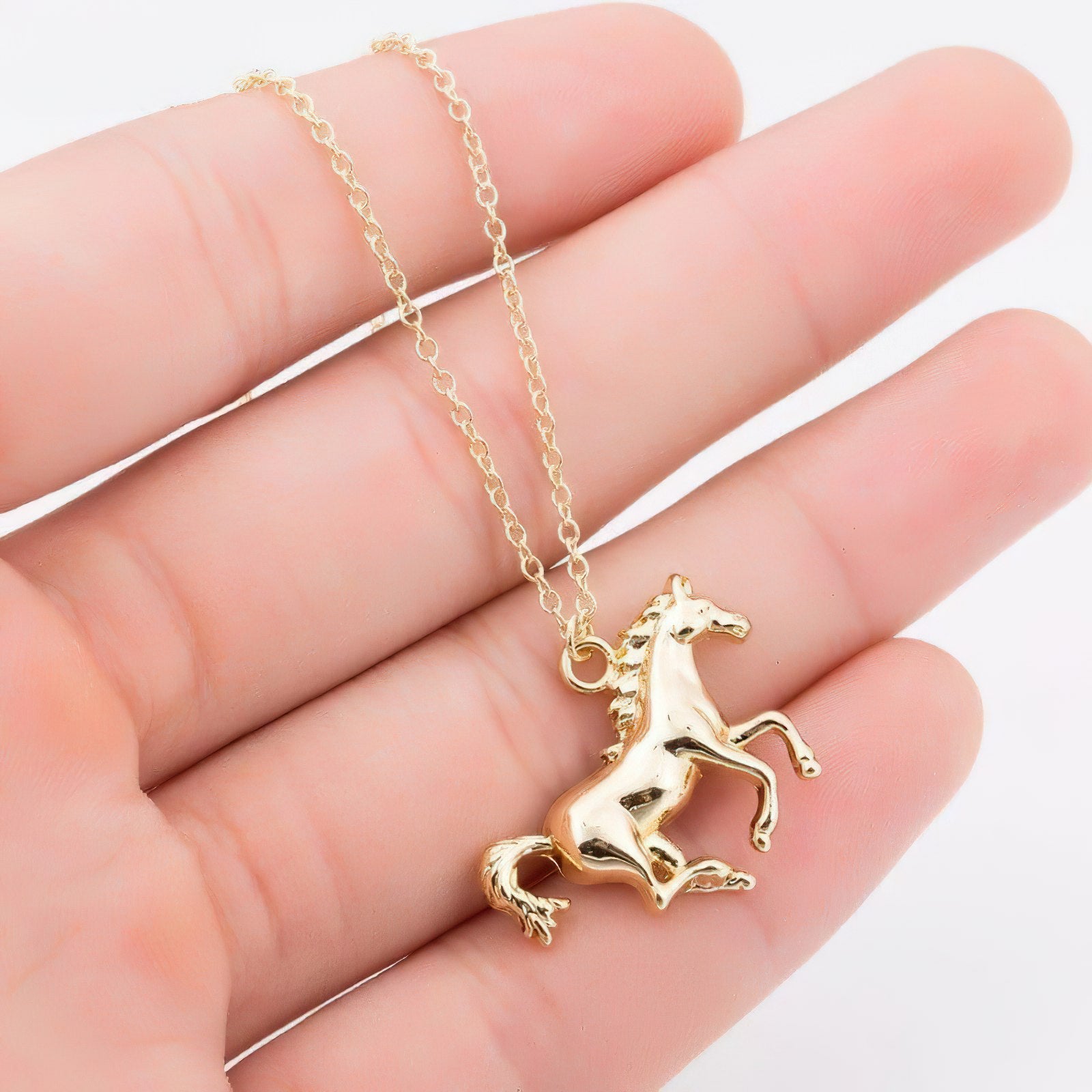
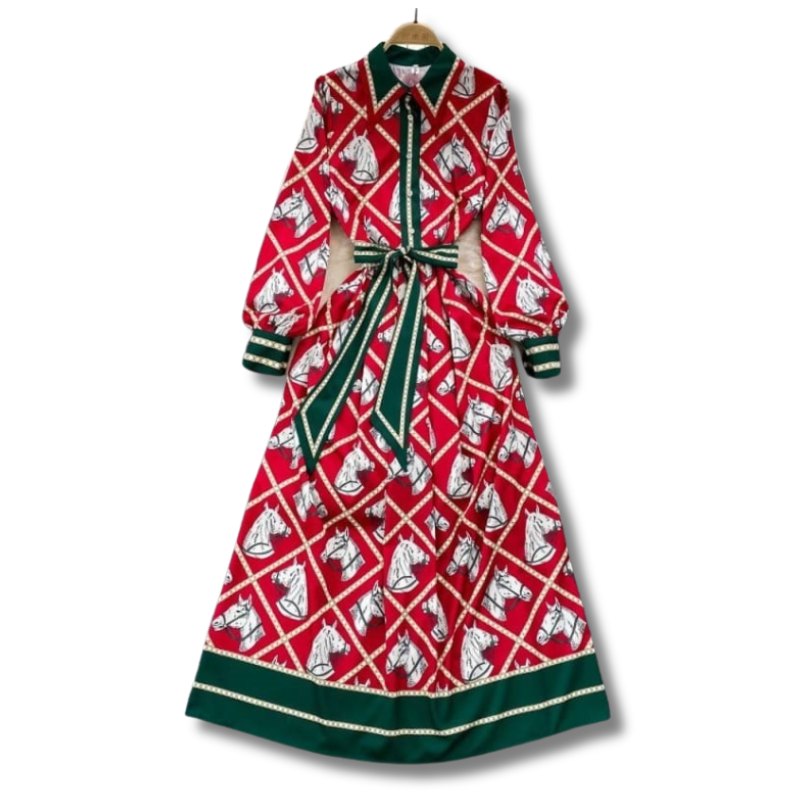

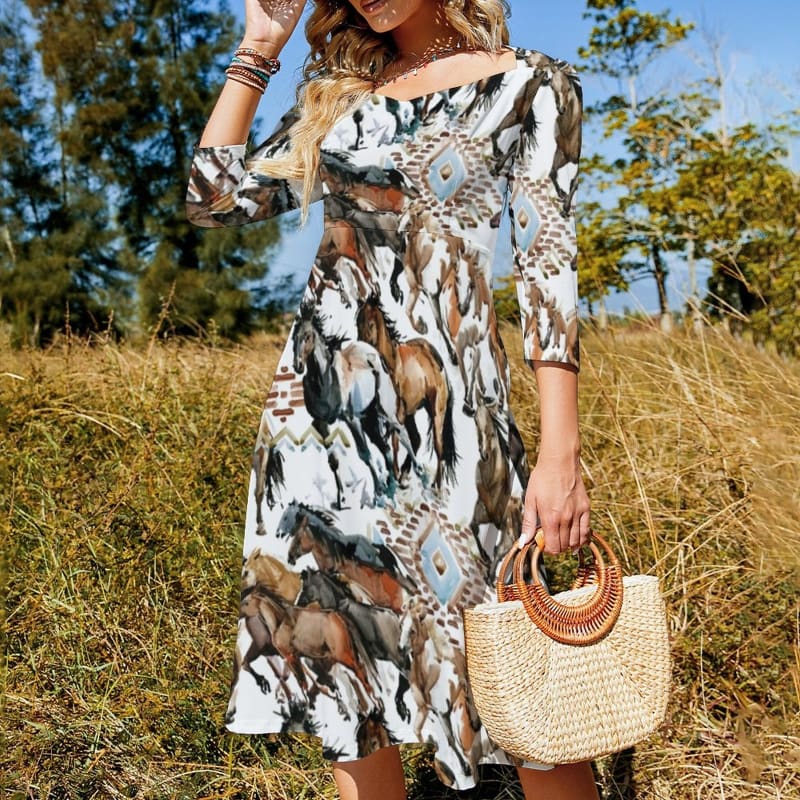
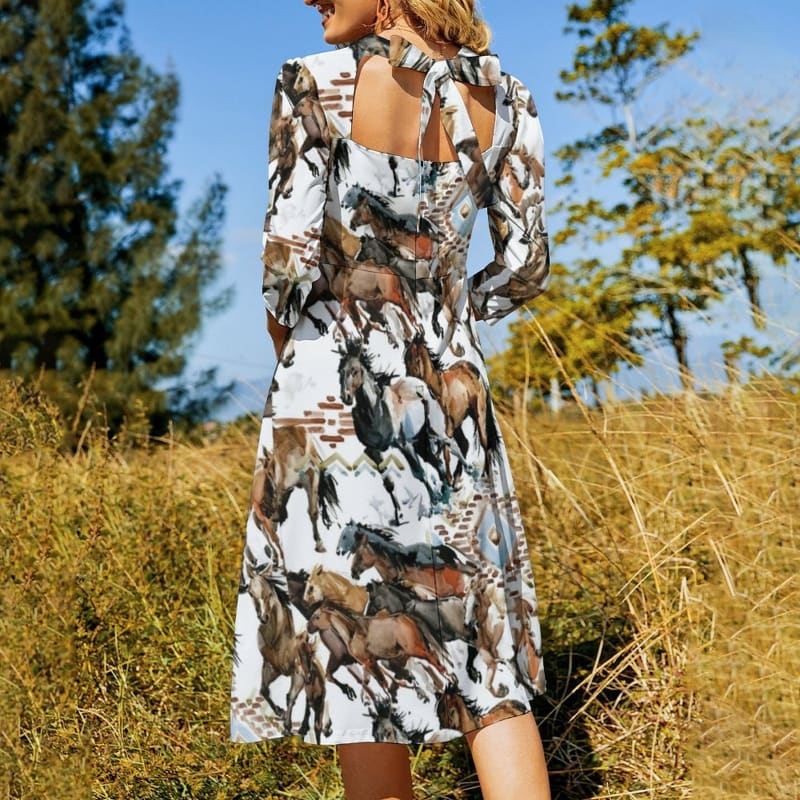






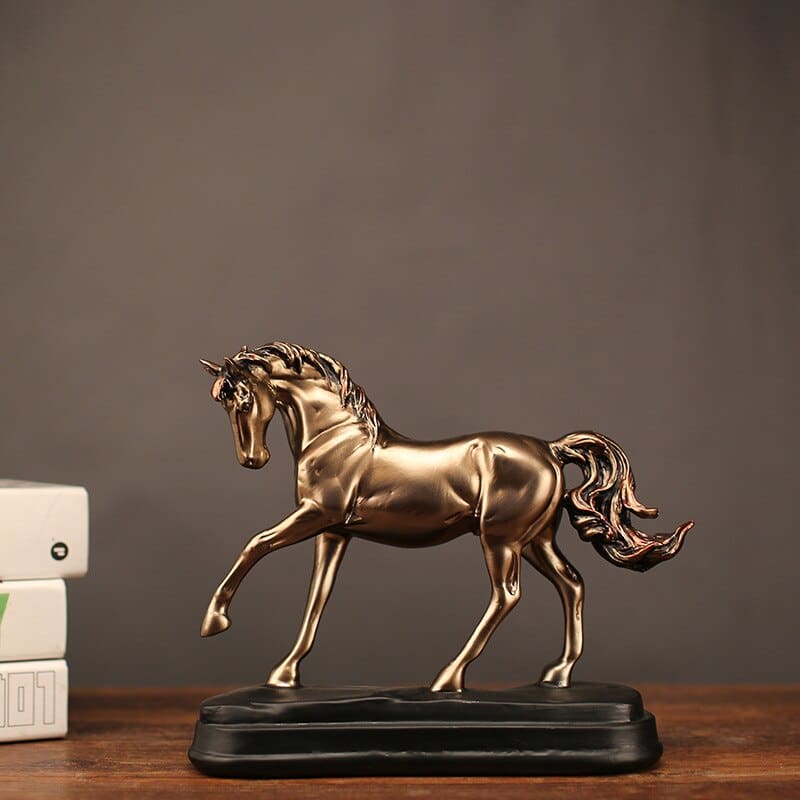
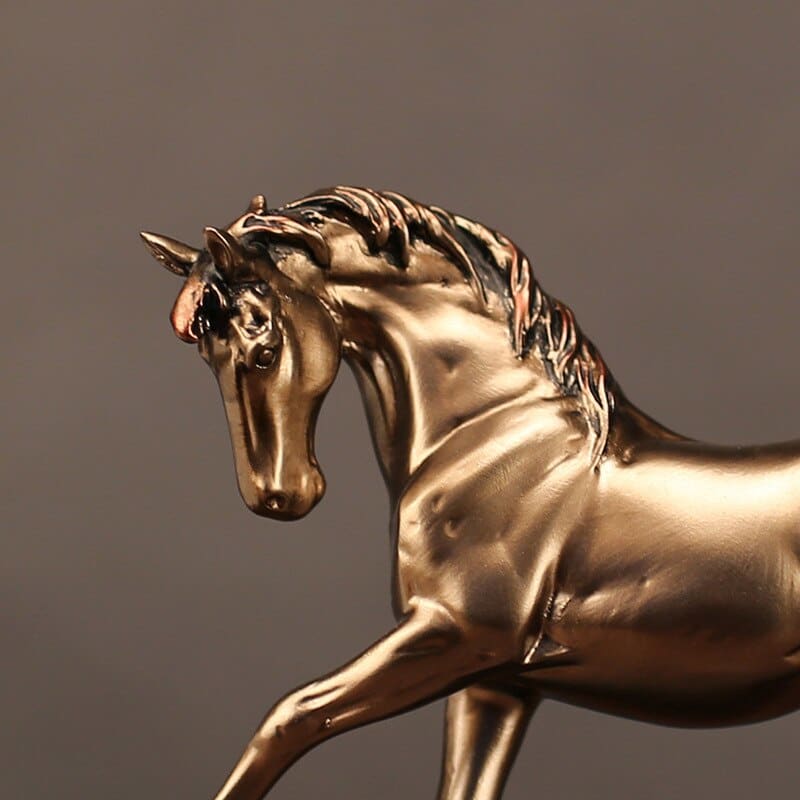
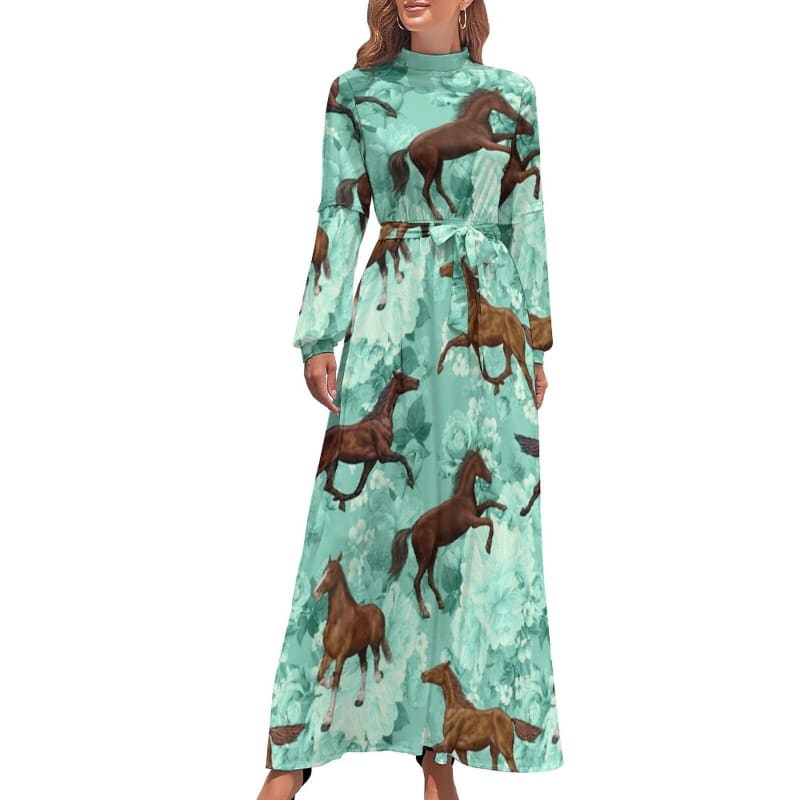

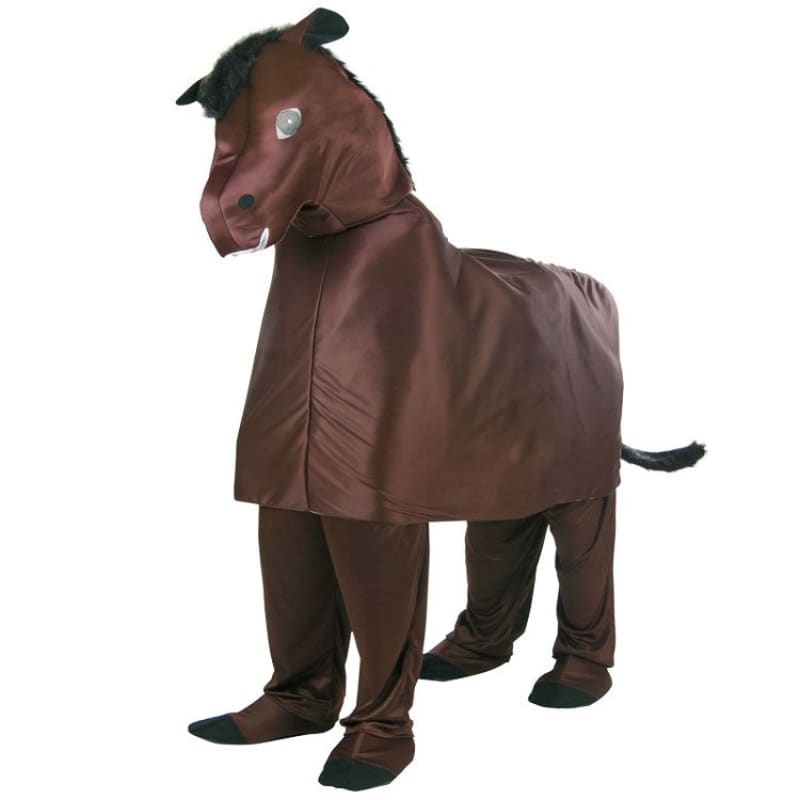
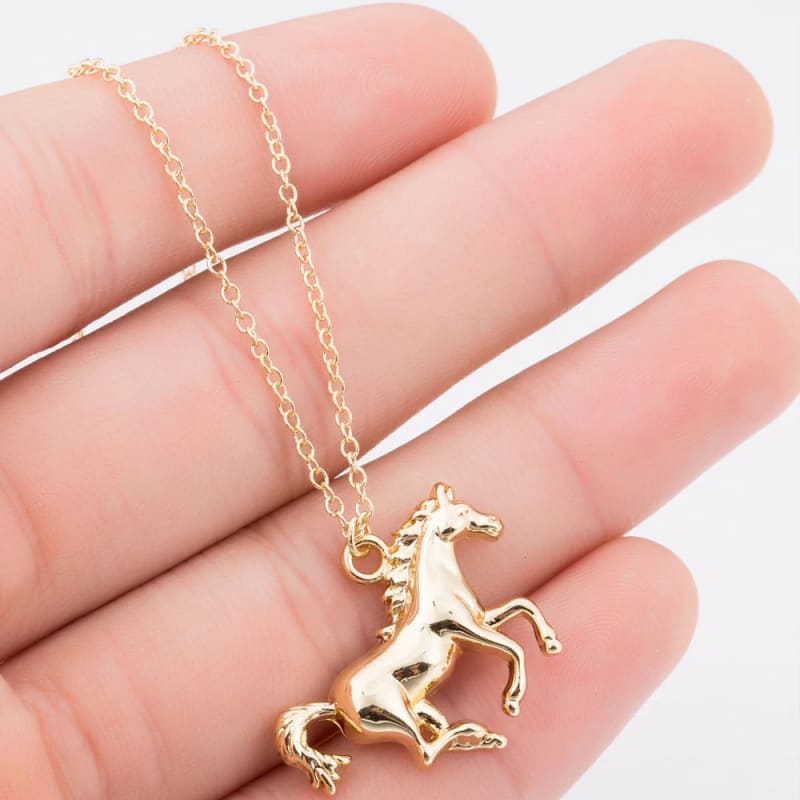
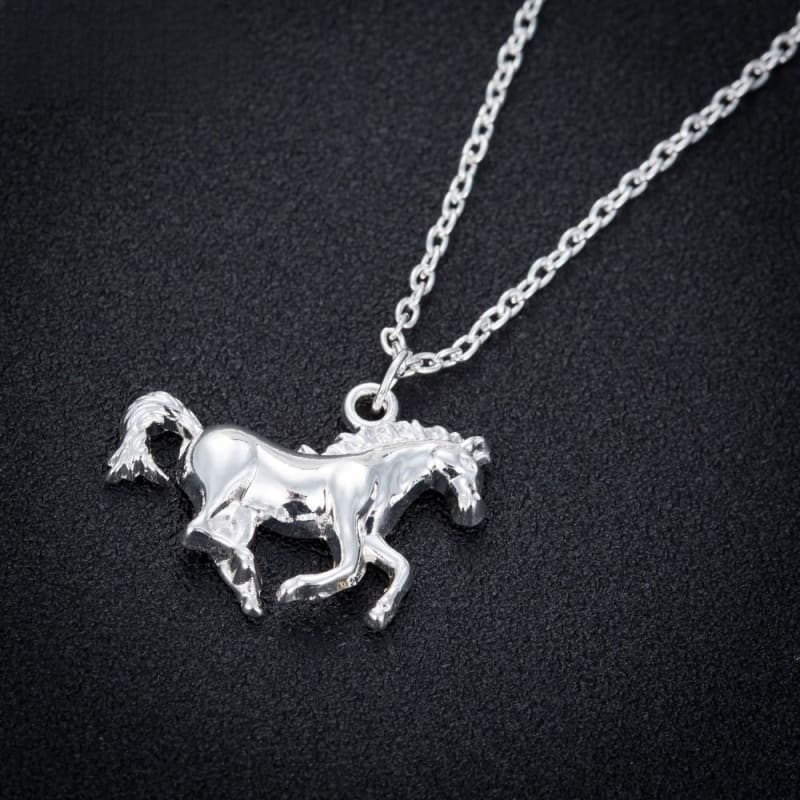
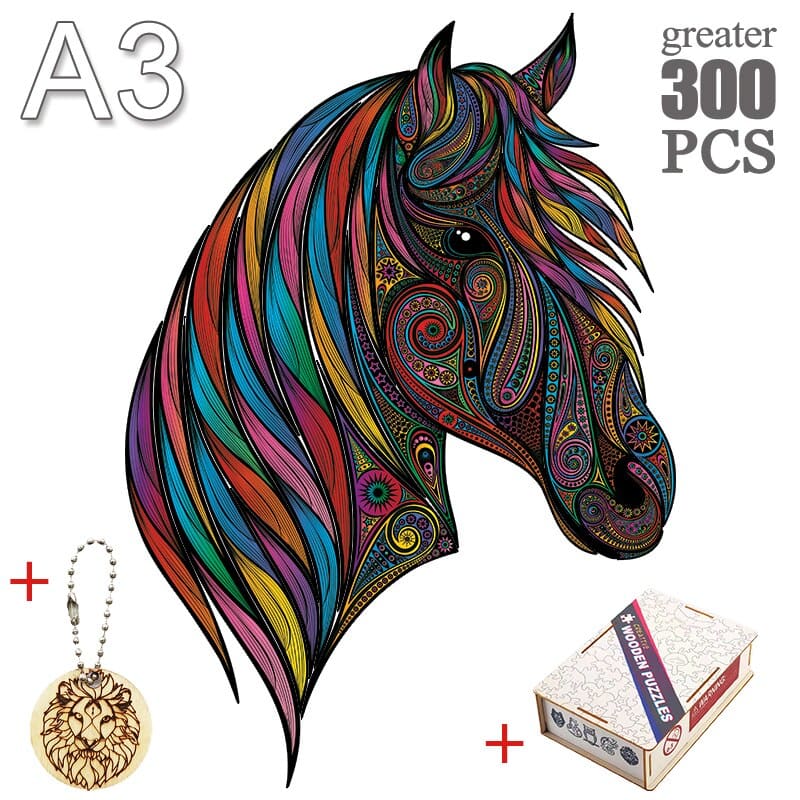

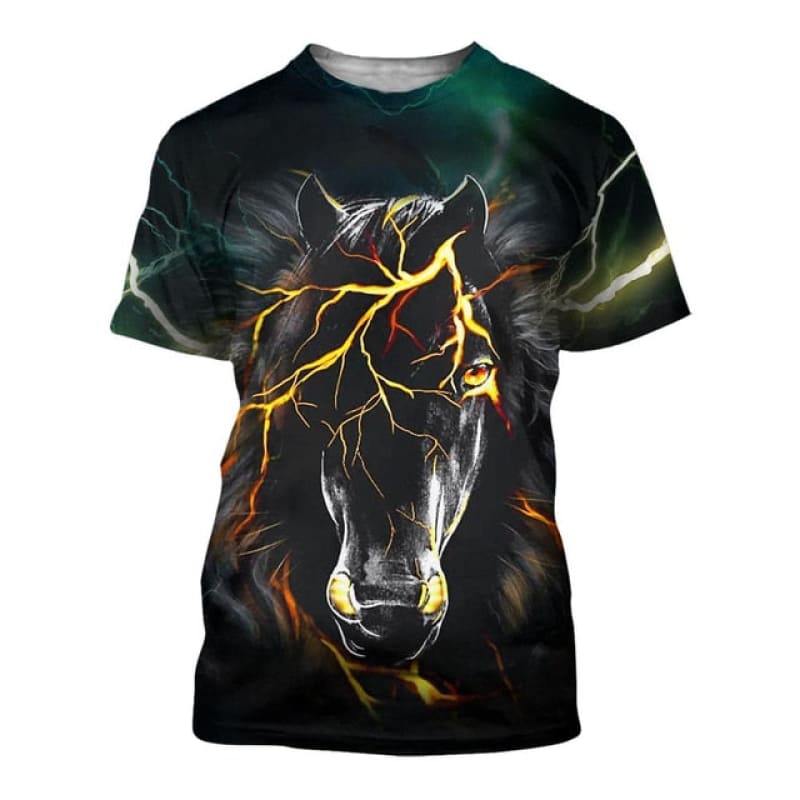
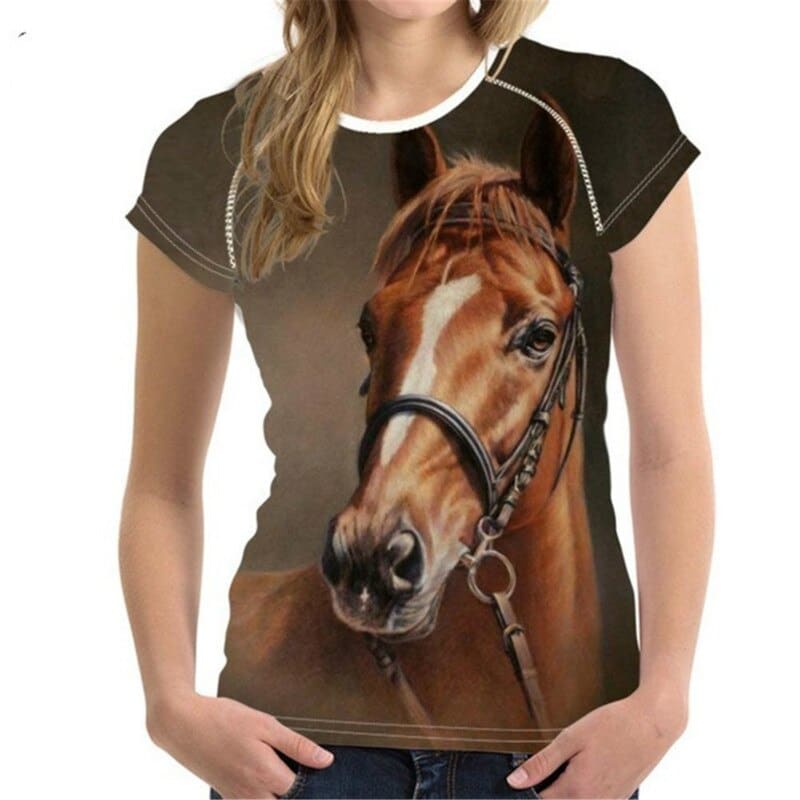
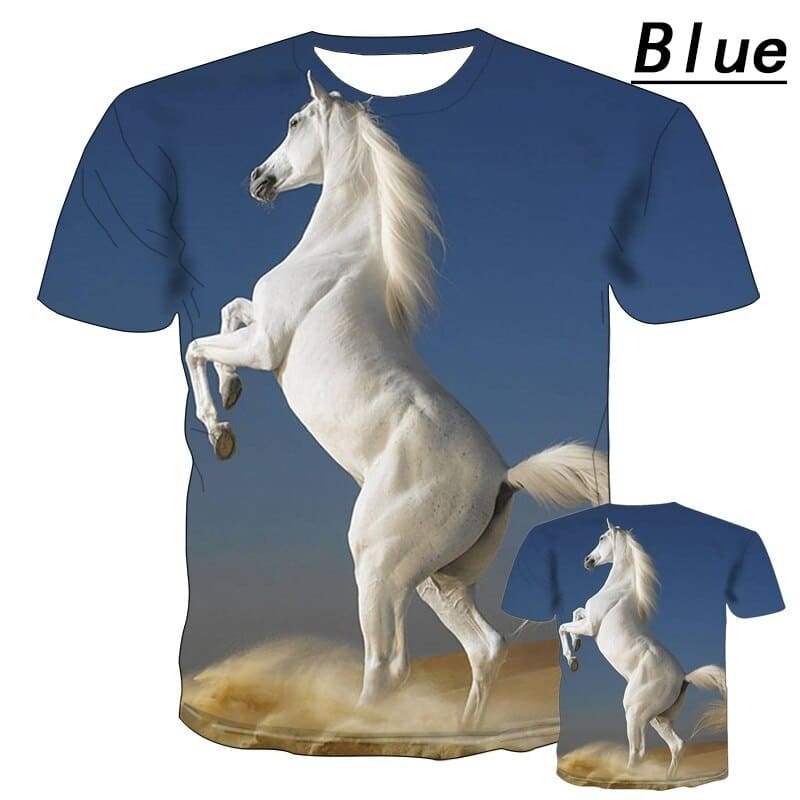

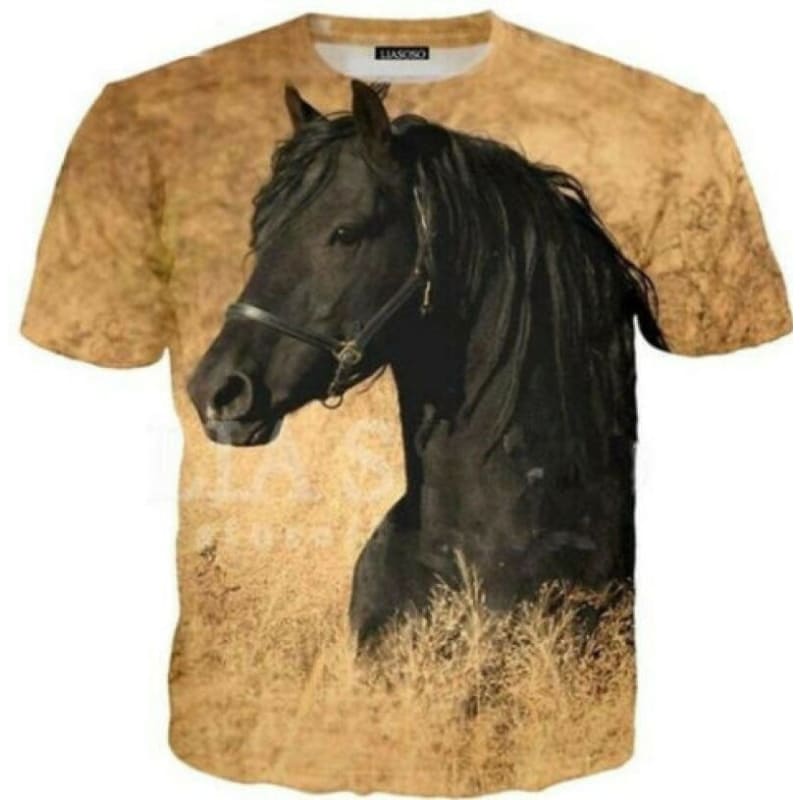
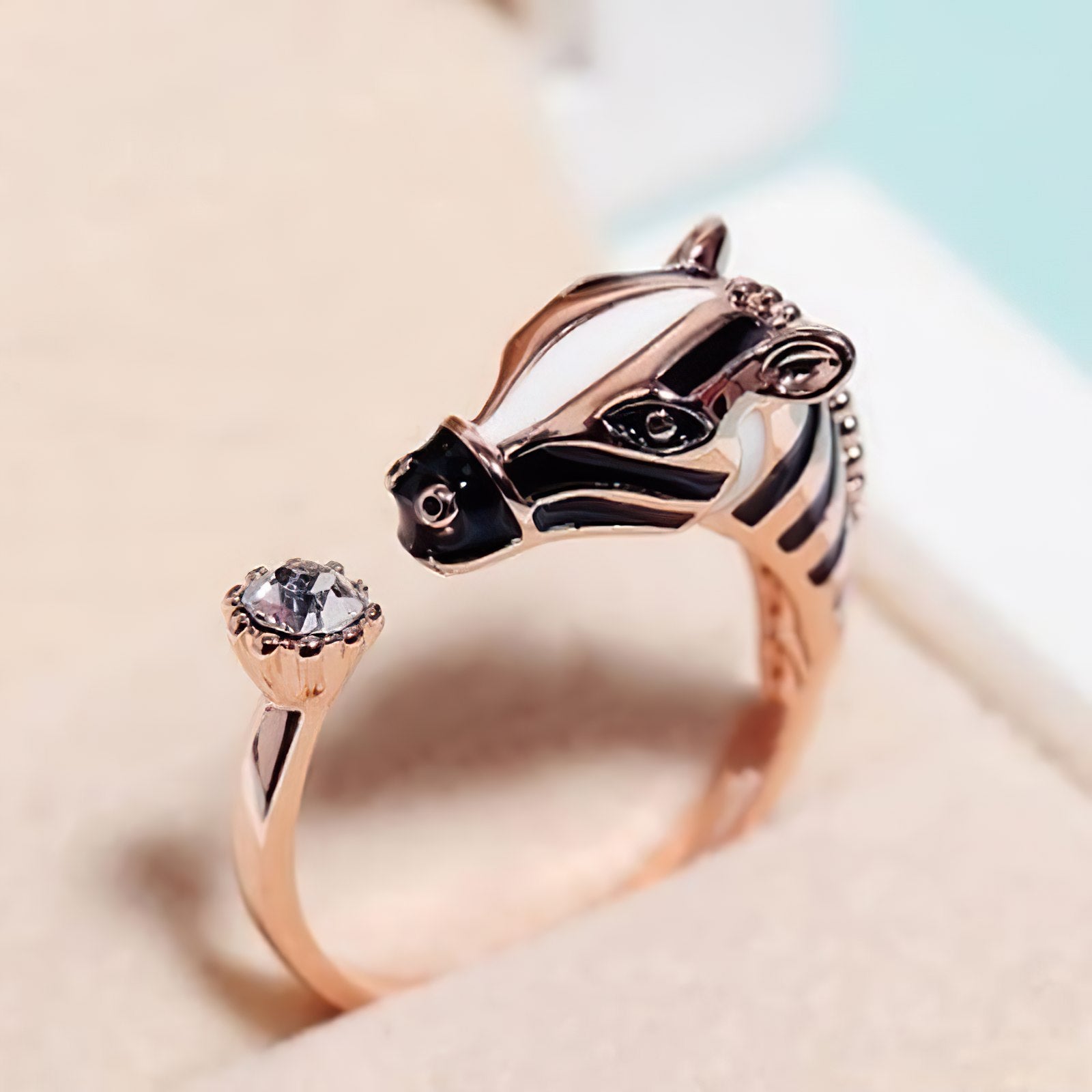





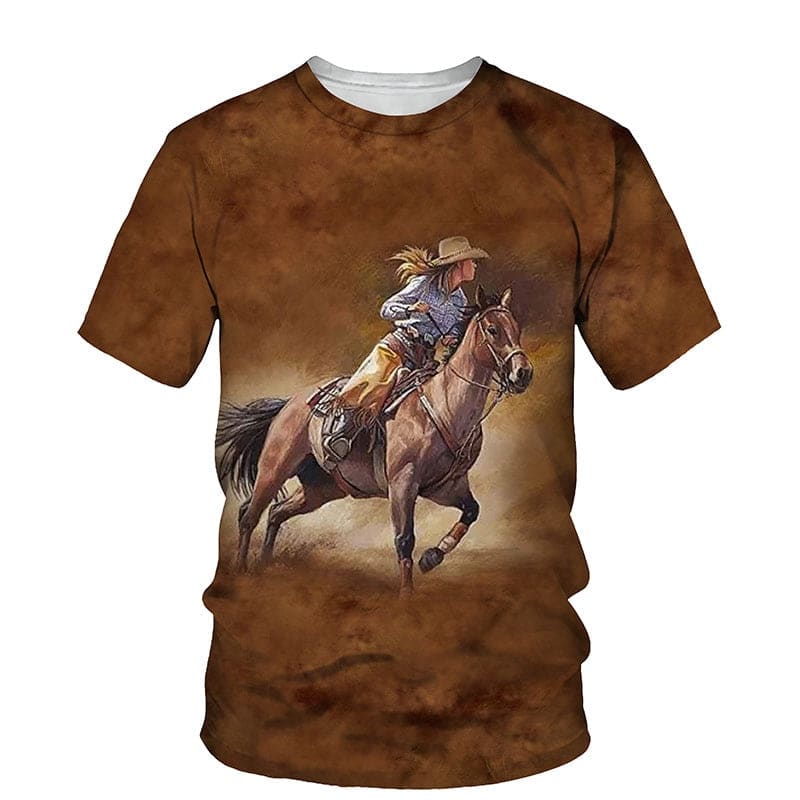







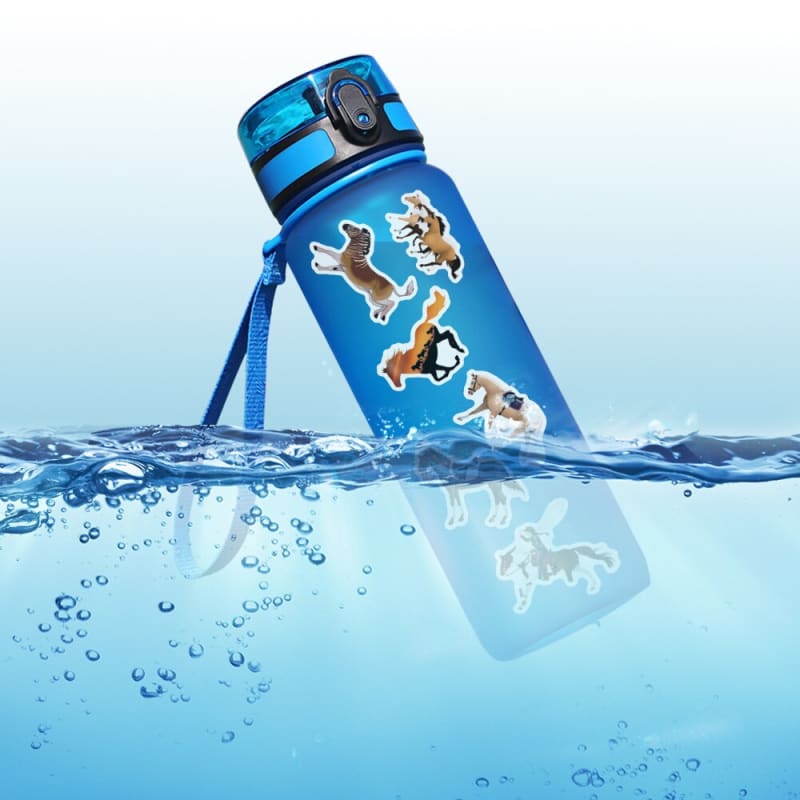
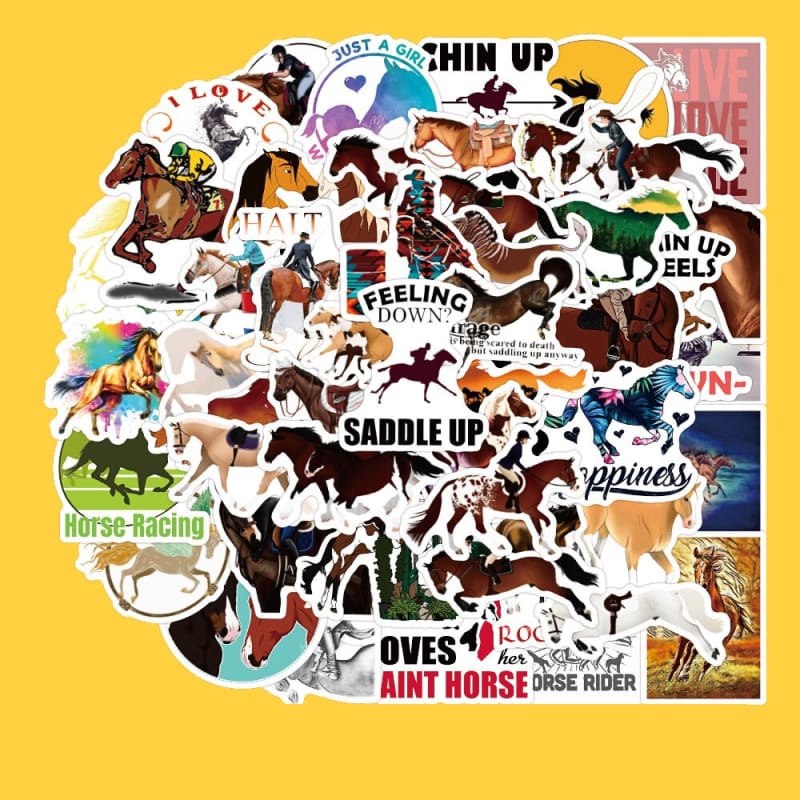


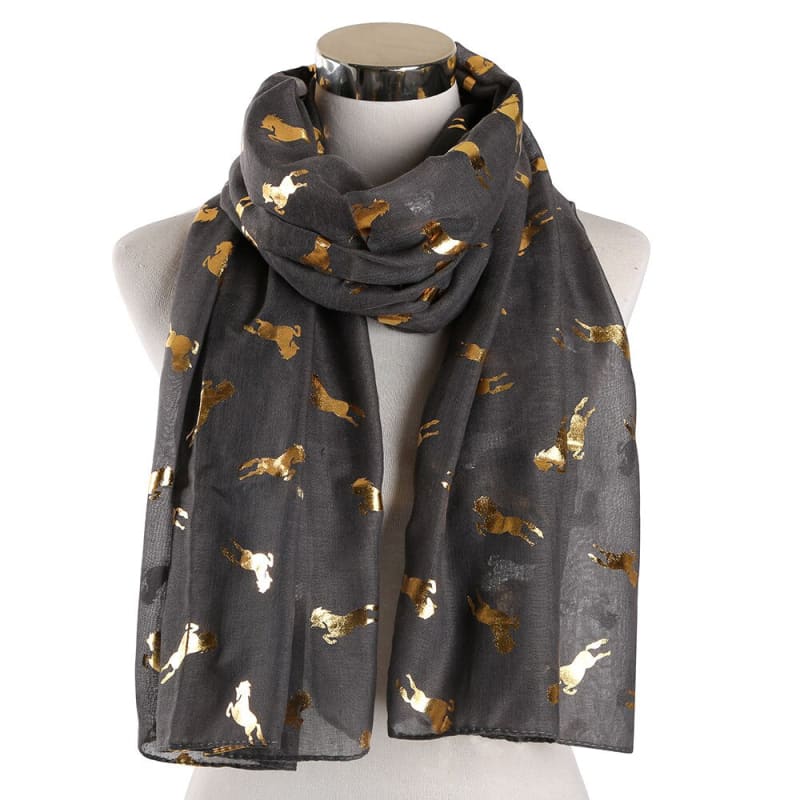
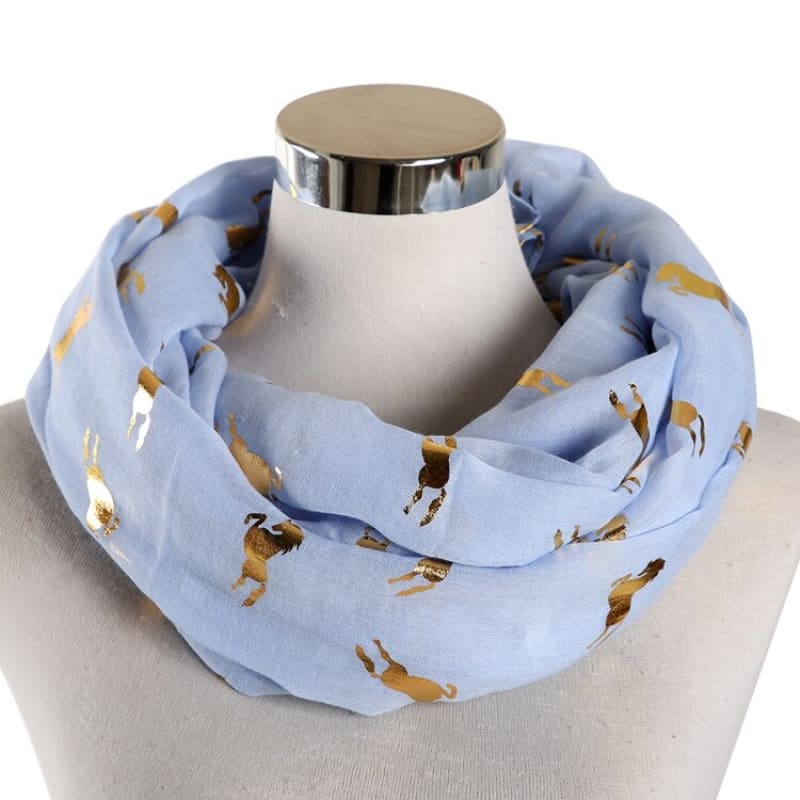
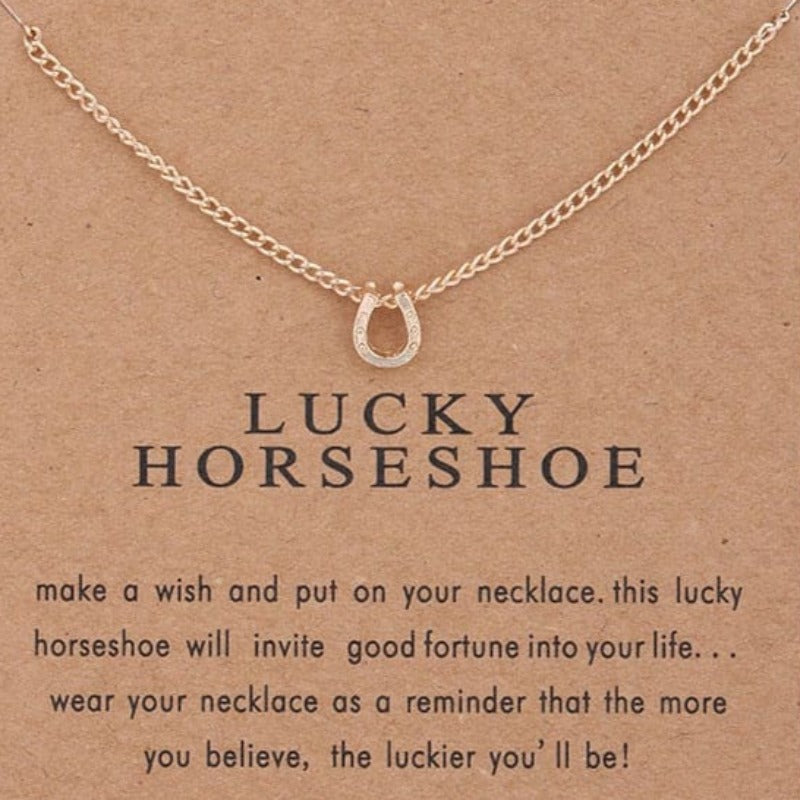
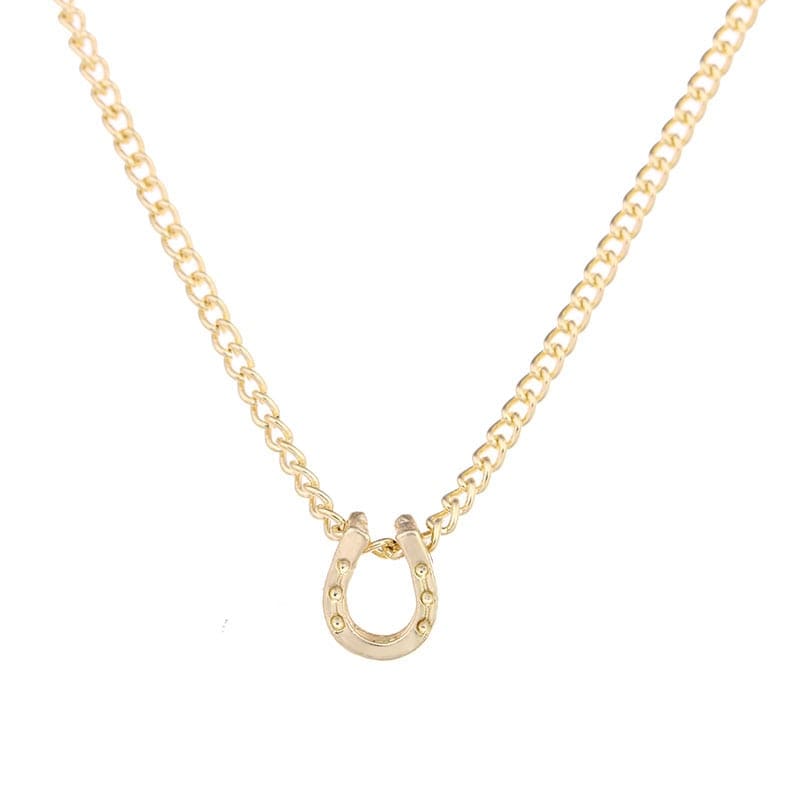
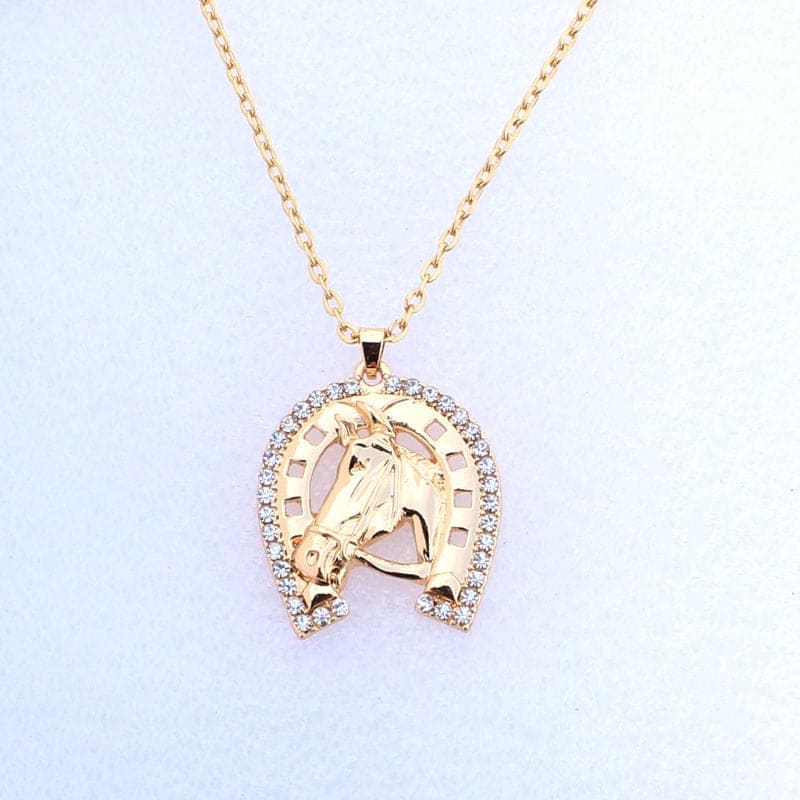
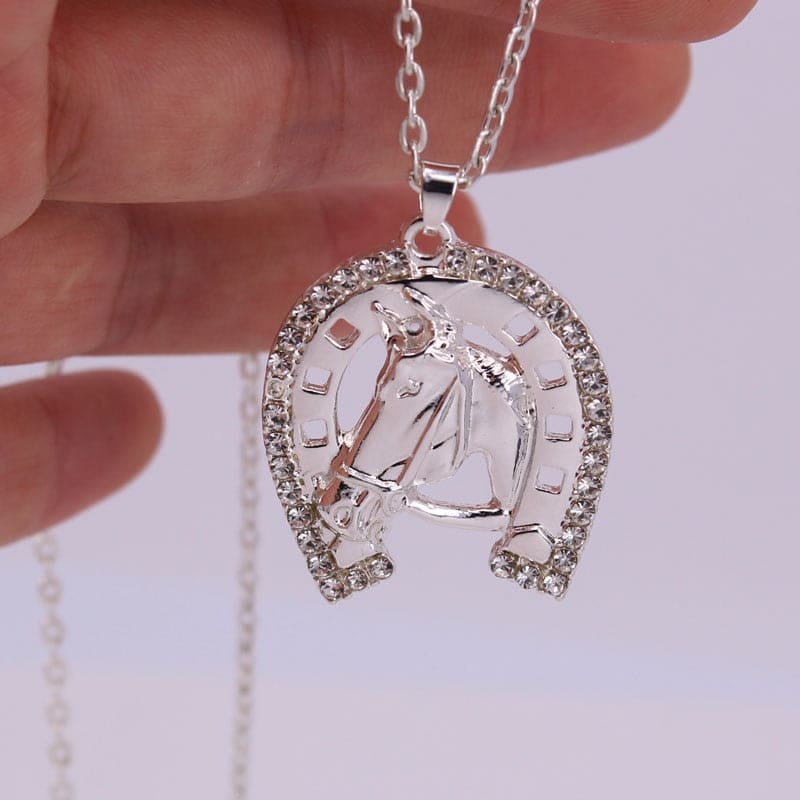







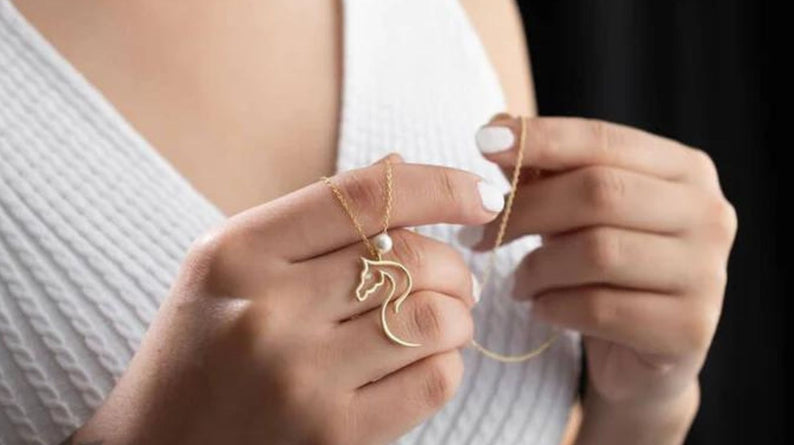
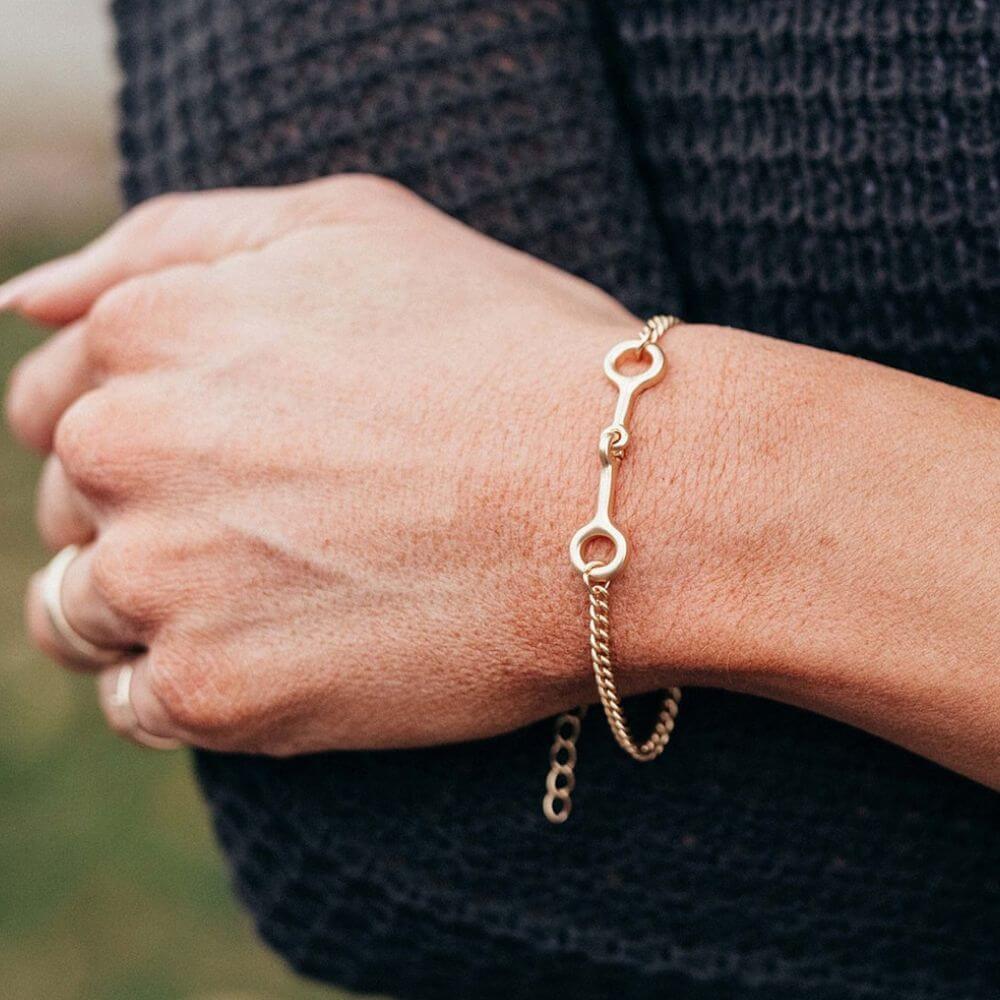


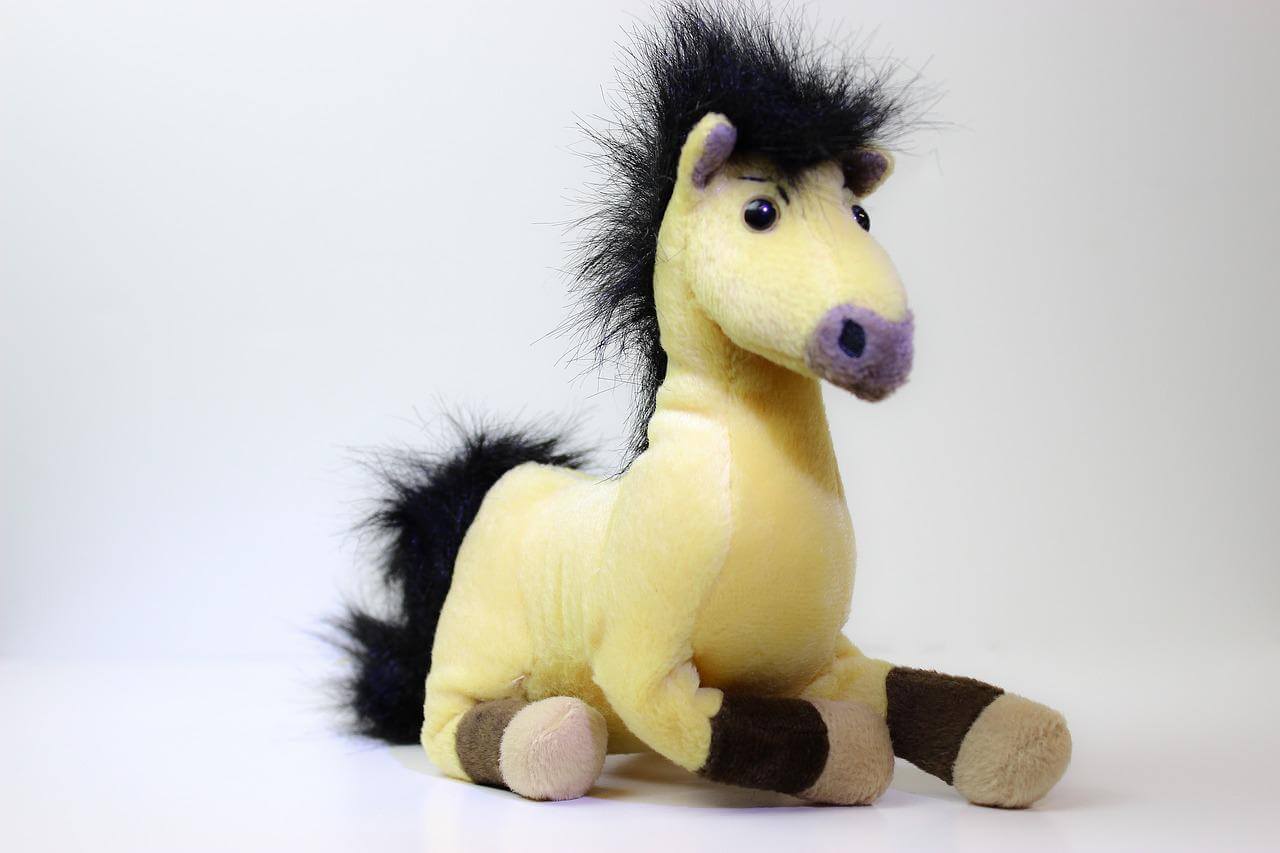
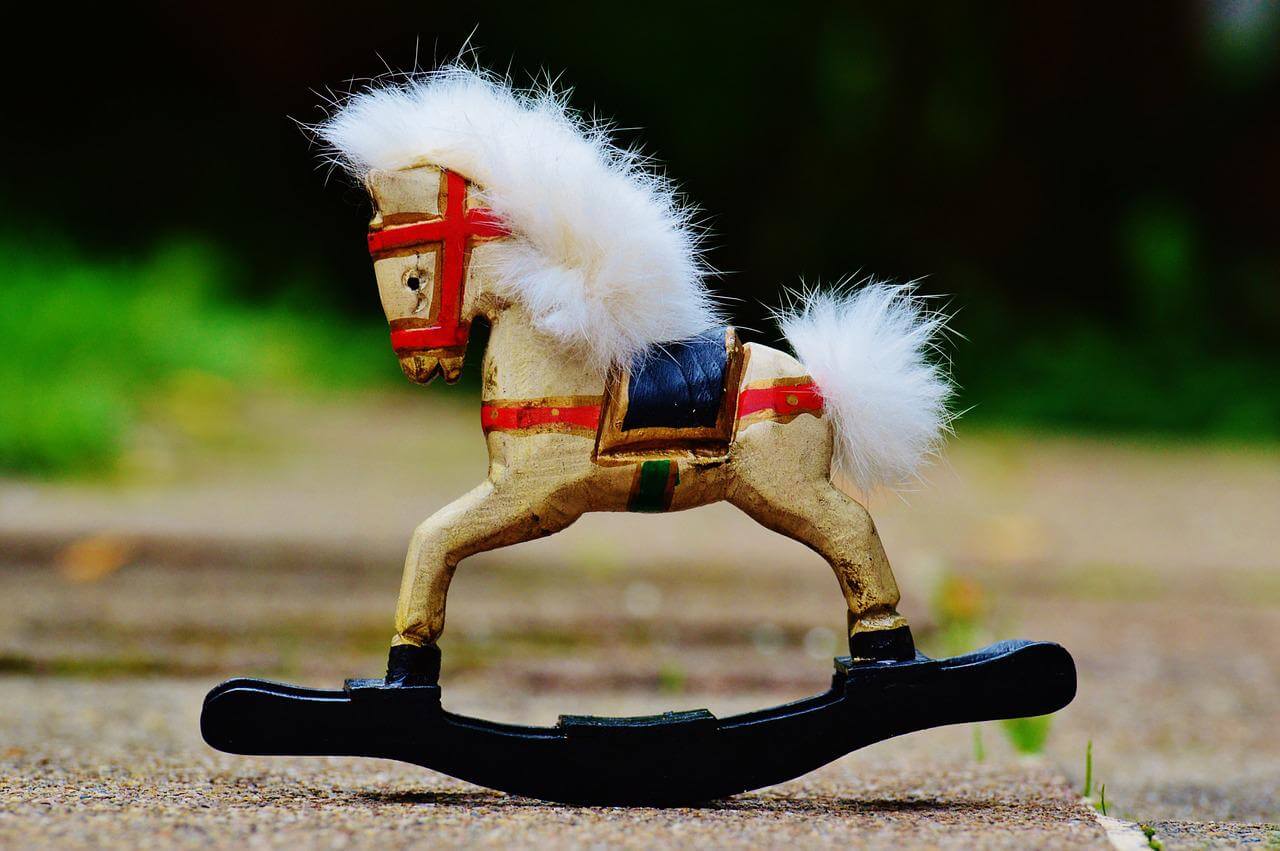
Leave a comment
All comments are moderated before being published.
This site is protected by reCAPTCHA and the Google Privacy Policy and Terms of Service apply.